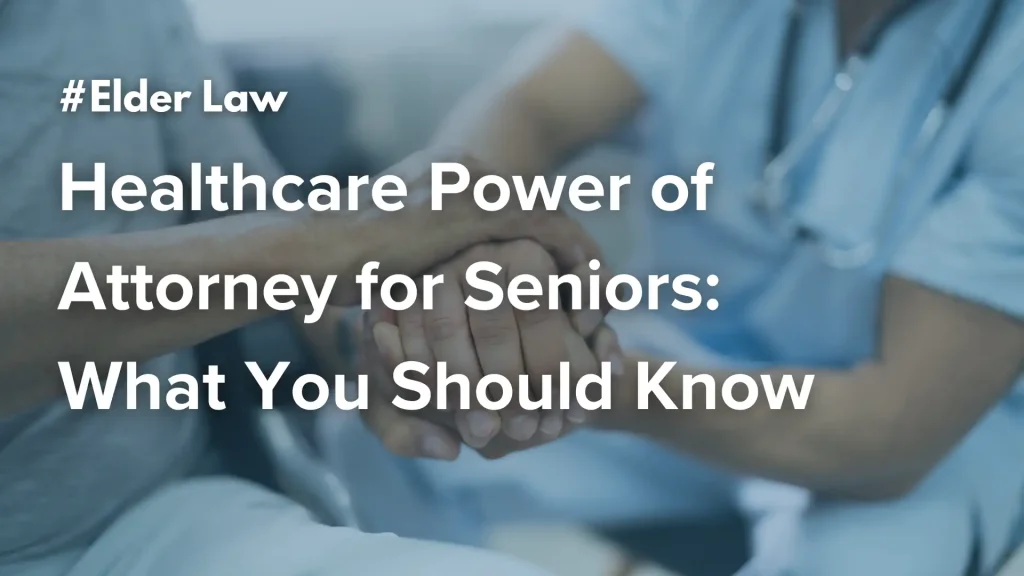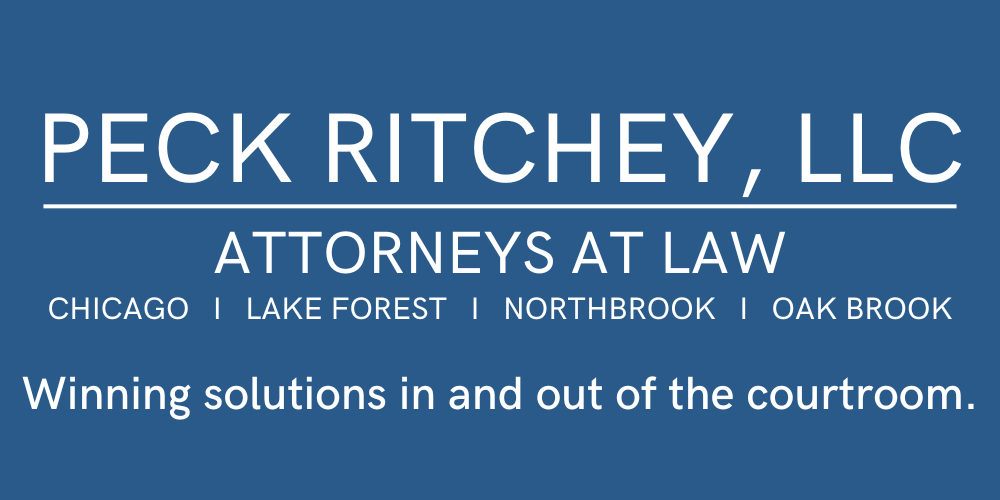 Aging brings difficult choices. Medical decisions often fall to family members during a crisis, but not every senior expects their children to carry that burden. A healthcare power of attorney for older adults offers peace of mind by allowing them to choose someone they trust to make medical decisions, removing uncertainty for loved ones during difficult times. An elder law attorney in Chicago can create a healthcare power of attorney for seniors that reflects their values and ensures their medical wishes are honored.
Aging brings difficult choices. Medical decisions often fall to family members during a crisis, but not every senior expects their children to carry that burden. A healthcare power of attorney for older adults offers peace of mind by allowing them to choose someone they trust to make medical decisions, removing uncertainty for loved ones during difficult times. An elder law attorney in Chicago can create a healthcare power of attorney for seniors that reflects their values and ensures their medical wishes are honored.
What Is a Healthcare Power of Attorney (POA)?
A healthcare power of attorney is a legal document that names someone to make medical decisions on your behalf if you lose the ability to do so. That person, often called your agent or healthcare proxy, has legal authority to speak with doctors, access medical records, and approve or refuse treatment.
A durable healthcare POA remains valid even after incapacity. That durability sets it apart from a general POA, which may lose power under those circumstances.
Unlike a living will, which outlines specific end-of-life wishes, a healthcare POA gives a trusted person the legal right to manage a wide range of medical choices. Both documents serve different purposes and work well together as part of elder care legal planning.
Why Seniors Should Have a Healthcare POA
Family members often disagree about medical decisions when no healthcare POA exists. Hospitals sometimes block access or require court involvement before recognizing anyone as a decision-maker. Naming someone in advance avoids delays and reduces stress during a crisis.
Seniors often choose someone who understands their medical values and will speak with authority when serious choices arise. This person acts as an advocate, not a placeholder.
A medical power of attorney also grants HIPAA access, which opens communication with doctors. That legal access keeps loved ones informed and involved when it matters most.
When Does a Healthcare POA Take Effect?
A healthcare POA takes effect after a doctor declares you unable to make medical decisions. That may happen during illness, injury, or cognitive decline. Until then, you stay in control, and your agent cannot act.
This document provides a backup when needed. It protects your right to choose while offering help when you can no longer do so.
Who Should You Choose as Your Healthcare Agent?
Your healthcare agent should be someone you trust to follow your wishes and speak up when it matters. Many people name an adult child, spouse, or close friend.
That person must feel comfortable talking with doctors and making high-stakes choices. They should live nearby or be able to travel quickly. You can name a backup agent if your first choice cannot serve.
Your agent should also understand your views on pain management, life support, and medical intervention. A direct conversation now can prevent confusion later.
Please read more about legal situations and medical emergencies here: How to Prepare for Legal Situations You May Face During a Medical Emergency
How a POA Differs from a Living Will
A healthcare power of attorney and a living will both guide future care, but in different ways:
- A healthcare POA names someone to make decisions when you lose capacity
- A living will outlines what you want in specific medical situations
Together, they provide clarity for your medical team and family. These documents work best when used as a pair.
How to Create a Healthcare Power of Attorney
To make your POA valid in Illinois, you must:
- Sign the form
- Choose two adult witnesses
- Name your agent and list any limits
Illinois law does not require notarization, but a notary can help prevent future disputes. After you sign, share copies with your agent, your doctor, and any family members involved in your care. Review the document every few years or after major life changes to ensure it still reflects your wishes.
Common Issues with Healthcare POAs
 POAs sometimes cause problems when outdated, vague, or missing altogether. Some seniors assume their children will have automatic authority, but the law doesn’t work that way.
POAs sometimes cause problems when outdated, vague, or missing altogether. Some seniors assume their children will have automatic authority, but the law doesn’t work that way.
Other problems appear when the named agent no longer plays an active role in the senior’s life. Outdated choices can trigger court delays and family disputes.
Working with an elder law lawyer in Chicago helps prevent these issues. A strong POA protects your wishes and keeps things running smoothly when decisions need to happen quickly.
Talk to an Elder Law Attorney in Chicago
Healthcare decisions shape the quality of your life. A healthcare power of attorney for seniors in Illinois. Protects your voice and prepares your family to step in with clarity and confidence.
At Peck Ritchey, LLC, our elder law attorneys help clients build legal plans that reflect their wishes and support long-term well-being. To create or update your healthcare POA, speak with an elder law lawyer in Chicago. Our team is here to help you understand your rights and take the first step toward securing the necessary benefits. Contact us today at (312) 201-0900 to arrange your consultation.
